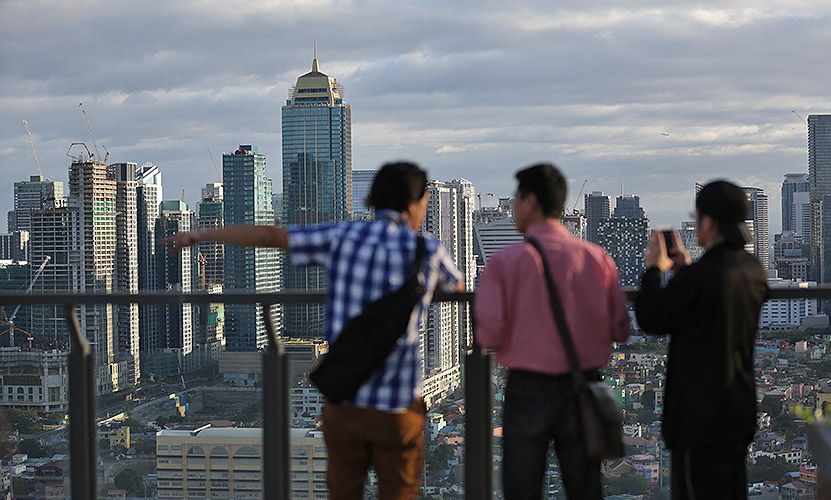
The Senate committees on economic affairs and trade are set to scrutinize the country’s foreign investment laws and policies, with the aim of strengthening the current investment regime by making it more adaptable to global business demands and trends.
According to Senator Win Gatchalian, chair of the Senate Committee on Economic Affairs, there must be a “conscious and aggressive effort” from the government to address the deficiencies that are deterring the smooth inflow of foreign direct investments (FDI) in the country.
Set in motion by Senate Resolution No. 73, filed by Senator Grace Poe, this public hearing will set the stage for the updating of the present Foreign Investments Act (Republic Act No. 7042), with the intention of making the Philippines a competitive haven for investments and a preferred place of business for top multinational corporations.
“We should take advantage of the good economic performance of the country by further harnessing the country’s potential for foreign investment. This starts by reviewing and updating our laws to encourage the influx of foreign capital through the development of a more friendly investment climate,” Gatchalian said.
Among the government agencies invited to participate are the Bangko Sentral ng Pilipinas (BSP), Department of Trade and Industry (DTI), Department of Finance (DOF), National Economic Development Authority (NEDA), Bureau of Customs (BOC), the Philippine Regulation Commission (PRC), Securities and Exchange Commission (SEC), the Philippine Economic Zone Authority (PEZA), Bureau of Investments (BOI), the Insurance Commission, the Department of Labor and Employment (DOLE), the Philippine Competition Commission (PCC), the Bases Conversion Development Authority (BCDA), the Clark Development Authority (CDA), and the Subic Bay Metropolitan Authority (SBMA).
Other stakeholders and organizations invited include the Joint Foreign Chambers, the European Union, the Department for International Trade of the British Embassy, the Philippine Institute for Development Studies (PIDS), the Foundation for Economic Freedom (FEF), and academic institutions like the Ateneo De Manila University (ADMU), and the University of Asia and the Pacific (UA&P).


